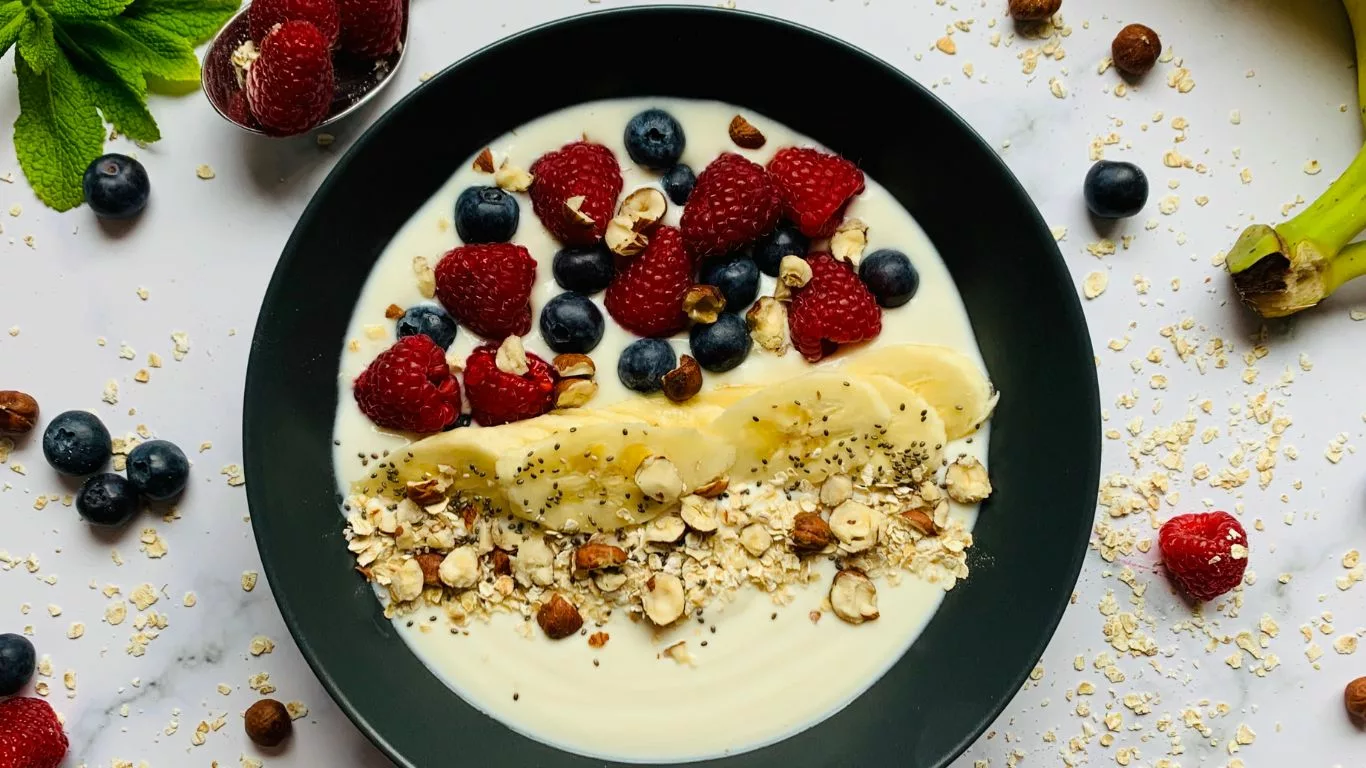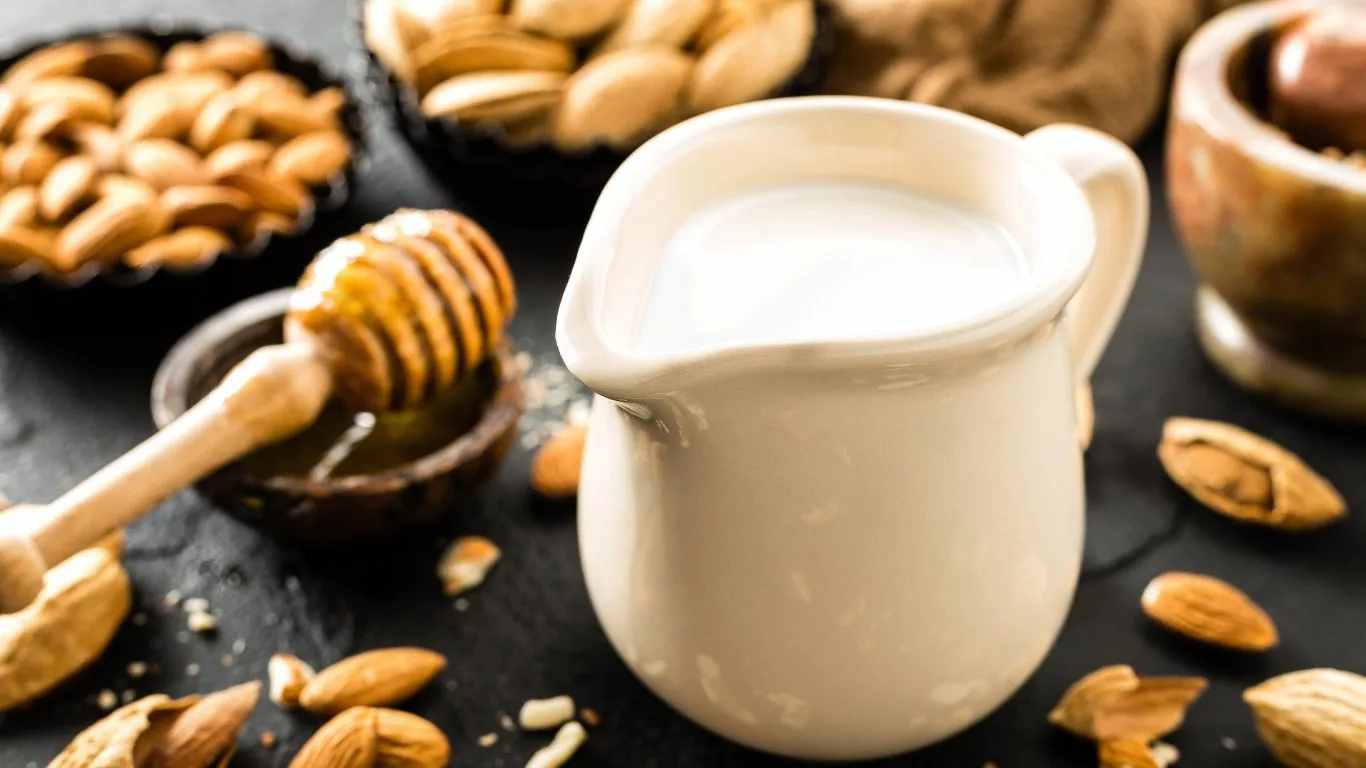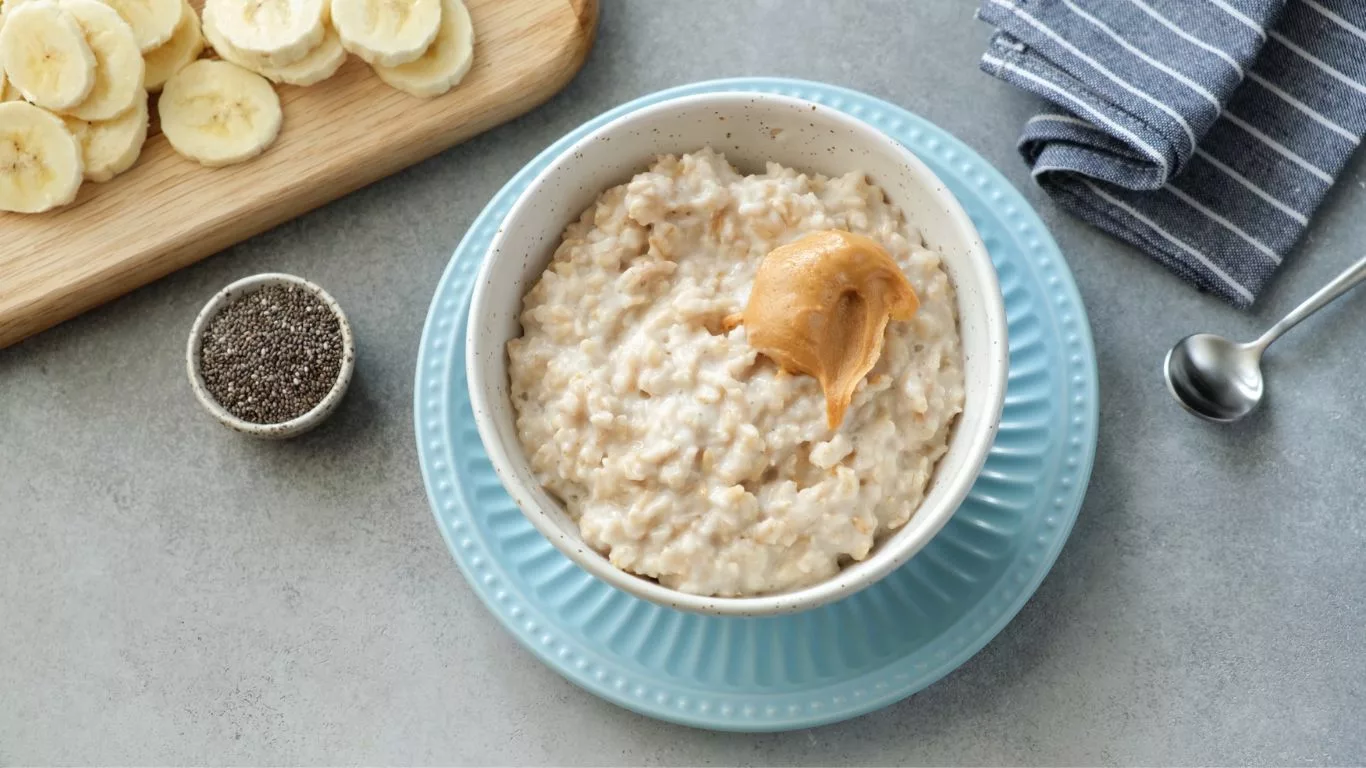7-Day GERD Diet Plan: Manage Acid Reflux Naturally
Discover a comprehensive 7-day diet plan designed to alleviate GERD symptoms naturally. Learn about effective dietary strategies and foods that can help manage acid reflux.
Gastroesophageal reflux disease (GERD) affects millions worldwide, characterized by the regurgitation of stomach acid into the esophagus, causing discomfort and potential complications. While medications are commonly used, many individuals seek natural remedies and dietary adjustments to complement traditional treatments.
Understanding GERD and Dietary Management
A 7-day diet plan tailored for GERD focuses on foods that help alleviate symptoms and support digestive health. The plan emphasizes:
- Low-Acid Foods: To reduce stomach acidity and minimize reflux episodes.
- High-Fiber Choices: To aid digestion and promote bowel regularity.
- GERD-Friendly Recipes: Incorporating ingredients that soothe the esophagus and stomach lining.

Day 1: Kickstarting with Low-Acid Options
Kick off your week with a gentle start that soothes the stomach and sets the tone for digestive comfort throughout the day. Begin your morning with a hearty bowl of oatmeal, topped with sliced bananas for a touch of sweetness and a sprinkle of chia seeds for added fiber and omega-3 fatty acids. Oatmeal is a great choice for breakfast as it’s low in acidity and helps absorb excess stomach acid.
For lunch, enjoy a refreshing grilled chicken salad featuring a variety of mixed greens, which are naturally alkaline and help neutralize stomach acid. Add a side of quinoa, a gluten-free whole grain rich in fiber and protein, to keep you feeling satisfied and provide sustained energy without aggravating GERD symptoms.
Dinner could be a delightful baked salmon fillet served with steamed broccoli and a sweet potato. Salmon is an excellent source of lean protein and omega-3 fatty acids, which have anti-inflammatory properties that can help reduce inflammation in the digestive tract. Steamed broccoli adds fiber and is gentle on the stomach, while sweet potatoes offer complex carbohydrates that digest slowly, preventing spikes in blood sugar levels that can worsen GERD symptoms.

Day 2: Introducing Digestive Comfort
Day two focuses on foods that promote digestive ease and comfort throughout the day. Start your morning with a creamy breakfast smoothie made with almond milk, which is lower in acidity compared to dairy milk, spinach for added vitamins and minerals, and half a ripe avocado for healthy fats that soothe the digestive tract. Avocado is also rich in potassium, which can help neutralize stomach acid.
For a midday meal, opt for a turkey and avocado wrap on whole-grain tortillas. Turkey is a lean protein that’s easier on the stomach than red meat, and avocado provides additional healthy fats and fiber. Whole-grain tortillas are a better option than refined grains as they are higher in fiber, which aids digestion and helps maintain bowel regularity.
For dinner, indulge in roasted tofu cubes with stir-fried bell peppers and brown rice. Tofu is a plant-based protein that is easily digestible and low in fat, making it a suitable choice for GERD sufferers. Bell peppers are rich in vitamins A and C, which support digestive health and help reduce inflammation. Brown rice is a whole grain that provides fiber to promote healthy digestion and stabilize blood sugar levels.

Day 3: Embracing Variety for Relief
Day three offers a variety of nutrient-dense meals that provide relief from GERD symptoms while satisfying your taste buds. Begin your day with a bowl of Greek yogurt topped with honey and fresh berries. Greek yogurt is lower in lactose than regular yogurt, making it easier to digest for those with lactose intolerance. It also contains probiotics that promote gut health and reduce acid reflux symptoms. Fresh berries are rich in antioxidants and fiber, which aid digestion and reduce inflammation.
For lunch, enjoy a comforting lentil and vegetable soup paired with whole-grain bread. Lentils are high in fiber and protein, making them a filling choice that promotes digestive regularity. Vegetables in the soup provide essential vitamins and minerals while whole-grain bread offers complex carbohydrates that digest slowly, preventing acid reflux.
Dinner features lean beef meatballs simmered in a flavorful tomato sauce served over whole-wheat pasta. Lean beef is a good source of iron and protein, which are important for overall health. Tomatoes are rich in lycopene, an antioxidant that helps reduce inflammation in the esophagus and stomach lining. Whole-wheat pasta is higher in fiber than refined pasta, aiding digestion and promoting satiety.

Day 4: Enhancing Nutrient Intake
Day four focuses on enhancing nutrient intake with meals that are gentle on the digestive system and packed with essential vitamins and minerals. Start your day with a nutritious breakfast bowl containing yogurt, kiwi slices, and granola. Yogurt is a probiotic-rich food that promotes healthy digestion and balances gut bacteria. Kiwi is a low-acid fruit that provides vitamin C and fiber, which support immune function and digestive health. Granola adds crunch and additional fiber, promoting digestive regularity.
For a midday snack, enjoy hummus with vegetable sticks such as carrots, cucumbers, and bell peppers. Hummus is made from chickpeas, which are high in fiber and protein, supporting digestive health and reducing inflammation. Vegetables provide vitamins, minerals, and antioxidants that aid digestion and promote overall health.
Dinner includes baked tilapia fillets served with a side of quinoa and roasted Brussels sprouts. Tilapia is a mild white fish that is easy to digest and low in fat, making it an ideal choice for GERD sufferers. Quinoa is a gluten-free whole grain that is rich in fiber and protein, providing sustained energy and promoting digestive health. Brussels sprouts are a cruciferous vegetable that contains antioxidants and fiber, supporting gut health and reducing inflammation.

Day 5: Incorporating Healing Foods
Day five incorporates healing foods that nourish the body while providing relief from GERD symptoms. Begin your morning with whole-grain toast topped with almond butter and sliced apples. Whole-grain toast is higher in fiber than refined bread, aiding digestion and preventing acid reflux. Almond butter is a good source of healthy fats that promote satiety and soothe the digestive tract. Apples are a low-acid fruit rich in fiber and antioxidants, supporting digestive health and reducing inflammation.
For lunch, enjoy a spinach and strawberry salad with grilled chicken breast. Spinach is a leafy green vegetable that is alkaline-forming and rich in vitamins A and C, supporting digestive health and reducing acidity in the stomach. Strawberries are low in acid and high in antioxidants, promoting overall health and reducing inflammation. Grilled chicken breast is a lean protein that is easy to digest and provides essential amino acids for muscle repair and growth.
Dinner features stuffed bell peppers filled with ground turkey and brown rice. Bell peppers are low in acid and rich in vitamins A and C, supporting digestive health and reducing inflammation. Ground turkey is a lean protein that is easier to digest than red meat, making it a suitable choice for GERD sufferers. Brown rice is a whole grain that is high in fiber and promotes digestive regularity, preventing acid reflux and supporting overall health.

Day 6: Maintaining Balance and Comfort
Day six focuses on maintaining balance and comfort with meals that support digestive health and reduce symptoms of GERD. Start your day with a refreshing fruit smoothie made with pineapple, ginger, and spinach. Pineapple contains bromelain, an enzyme that aids digestion and reduces inflammation in the digestive tract. Ginger is a natural anti-inflammatory that soothes the stomach and reduces nausea. Spinach is a leafy green vegetable that is alkaline-forming and rich in vitamins A and C, supporting digestive health and reducing acidity in the stomach.
For lunch, enjoy a whole-grain wrap filled with grilled shrimp and avocado. Shrimp is a lean protein that is easy to digest and provides essential amino acids for muscle repair and growth. Avocado is a nutrient-dense fruit that is rich in healthy fats and fiber, promoting satiety and soothing the digestive tract. Whole-grain wraps are higher in fiber than refined grains, aiding digestion and preventing acid reflux.
Dinner includes baked chicken breast served with steamed asparagus and wild rice. Chicken breast is a lean protein that is easy to digest and provides essential amino acids for muscle repair and growth. Asparagus is a non-acidic vegetable that is rich in fiber, vitamins A and C, and antioxidants, supporting digestive health and reducing inflammation. Wild rice is a whole grain that is higher in fiber than white rice, promoting digestive regularity and preventing acid reflux.
Tips for Success and Long-Term Management
- Hydration: Drink plenty of water throughout the day to aid digestion and maintain overall health.
- Portion Control: Eat smaller, more frequent meals to prevent overeating and reduce pressure on the stomach.
- Avoid Trigger Foods: Steer clear of caffeine, alcohol, spicy foods, and citrus fruits that can exacerbate GERD symptoms.
Conclusion
Following a 7-day GERD diet plan can provide relief from acid reflux symptoms by focusing on nutritious, low-acid foods that support digestive health. While dietary changes can complement medical treatments, it’s important to consult a healthcare professional for personalized advice and management strategies.
References:
- National Institute of Diabetes and Digestive and Kidney Diseases. (2023). GERD Treatment Options.
- American College of Gastroenterology. (2022). Management of GERD in Adults.
FAQs:
- Can this diet plan cure GERD? While it can help manage symptoms, consult your doctor for comprehensive treatment.
- How often should I follow this plan? Incorporate these principles into your daily eating habits for ongoing relief.
- What drinks are best for GERD? Opt for water, herbal teas, or diluted fruit juices to minimize acidity.
Related Table:
| Aspect | Information |
|---|---|
| Recommended Daily Intake | Follow the meal plan or adapt based on individual needs. |
| Benefits | Reduced acidity, improved digestion |
| Precautions | Monitor portion sizes, avoid trigger foods |
Disclaimer: This article is for informational purposes only. Consult with a healthcare provider for personalized advice.

Camellia Wulansari is a dedicated Medical Assistant at a local clinic and a passionate health writer at Healthusias.com. With years of hands-on experience in patient care and a deep interest in preventive medicine, she bridges the gap between clinical knowledge and accessible health information. Camellia specializes in writing about digestive health, chronic conditions like GERD and hypertension, respiratory issues, and autoimmune diseases, aiming to empower readers with practical, easy-to-understand insights. When she’s not assisting patients or writing, you’ll find her enjoying quiet mornings with coffee and a medical journal in hand—or jamming to her favorite metal band, Lamb of God.







